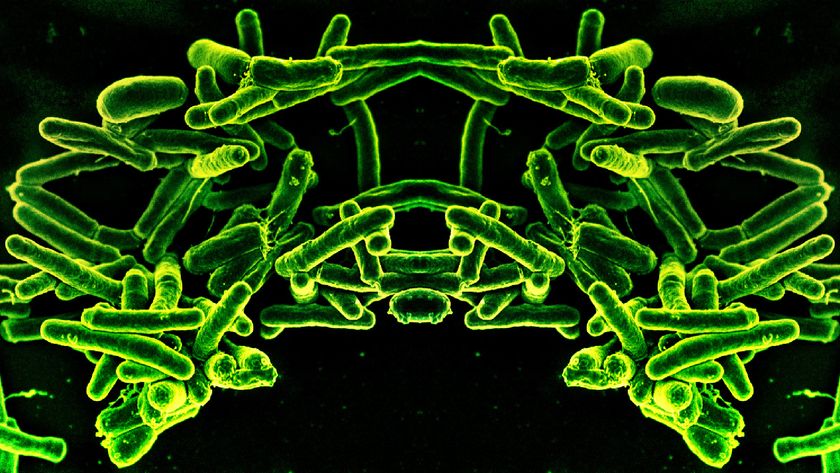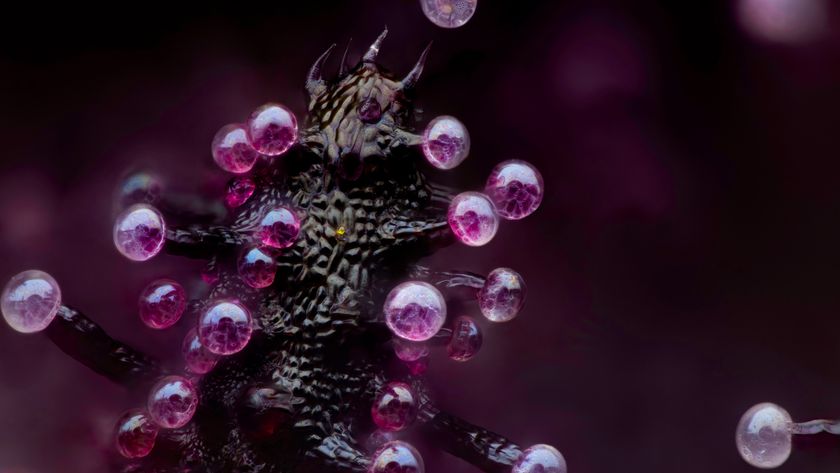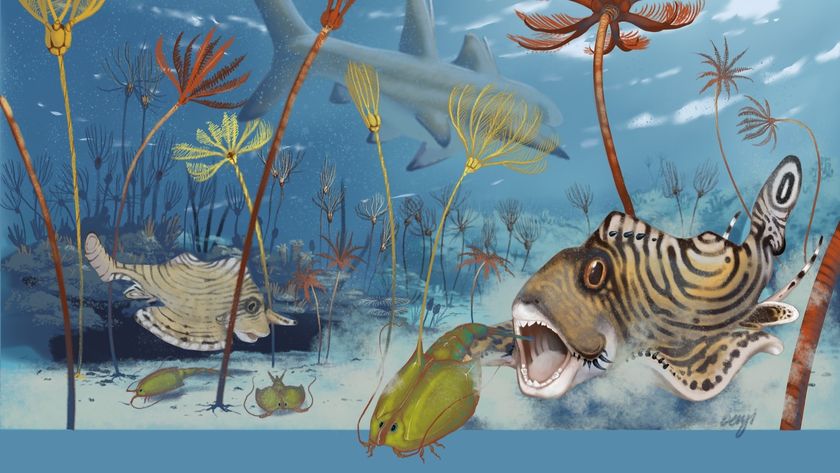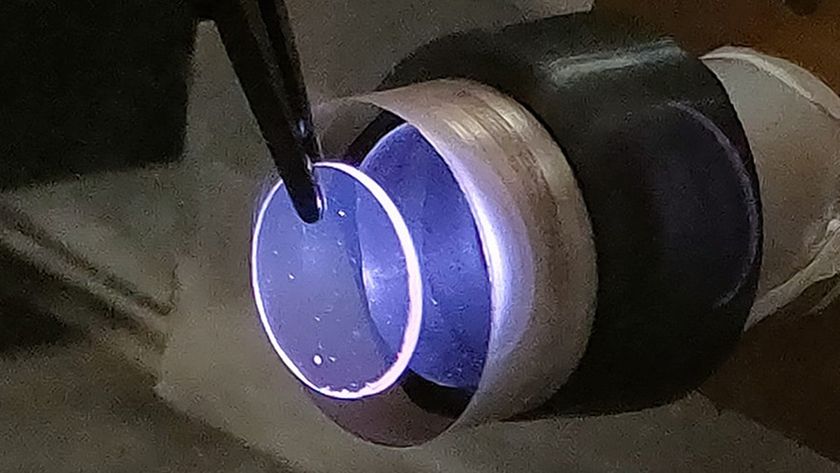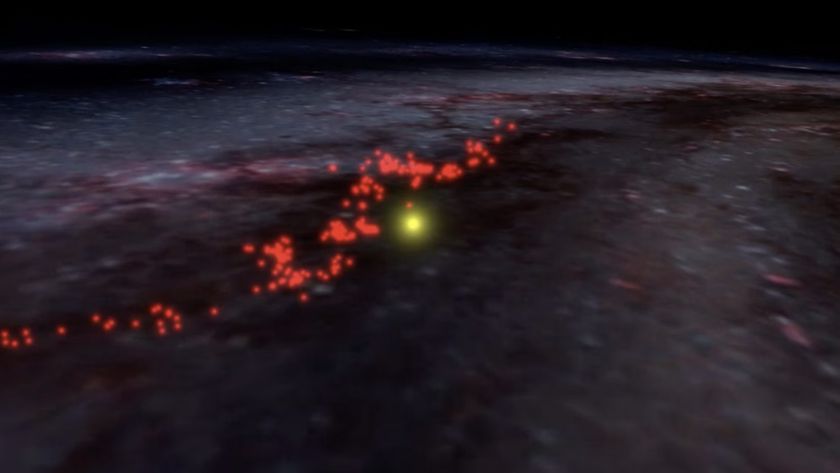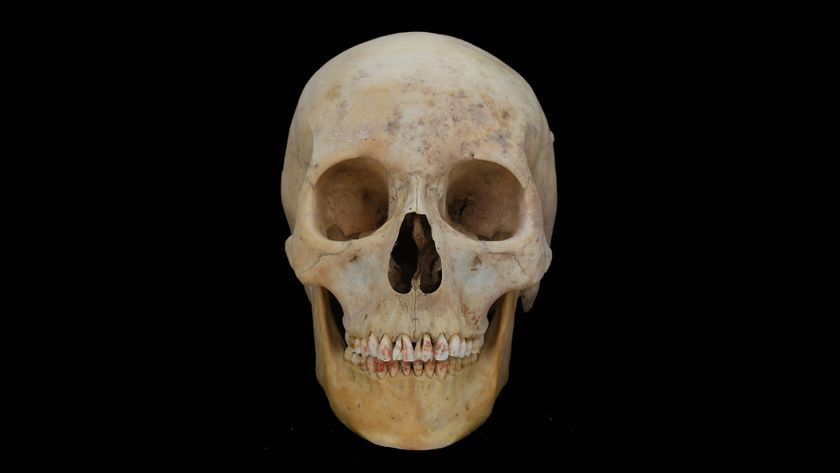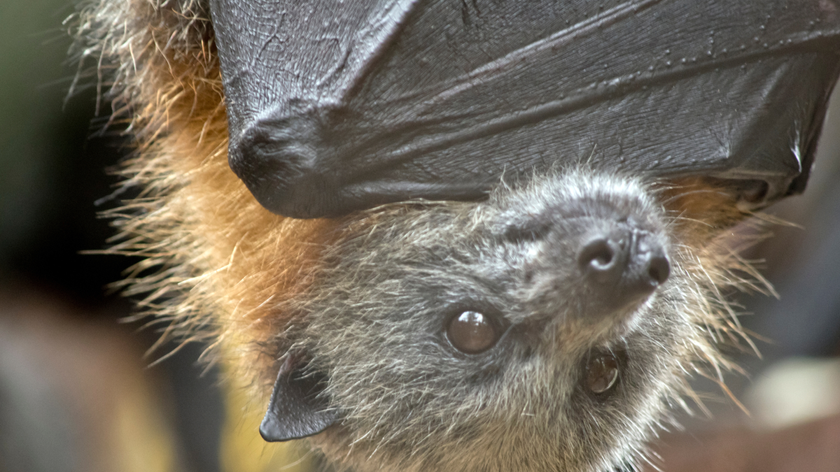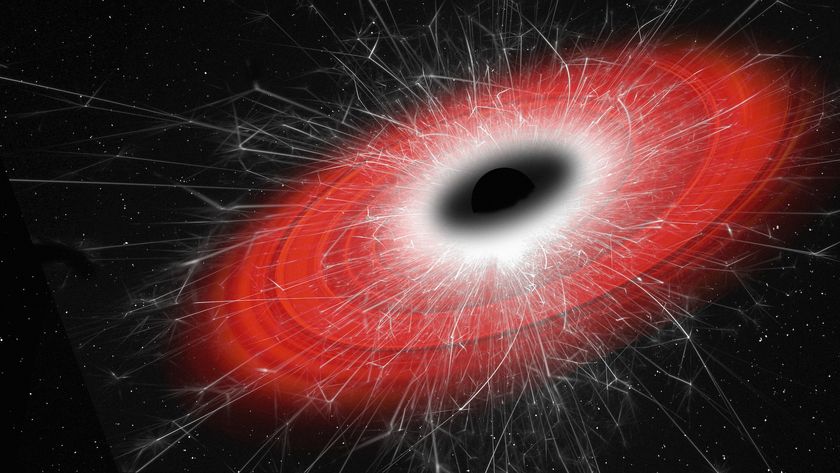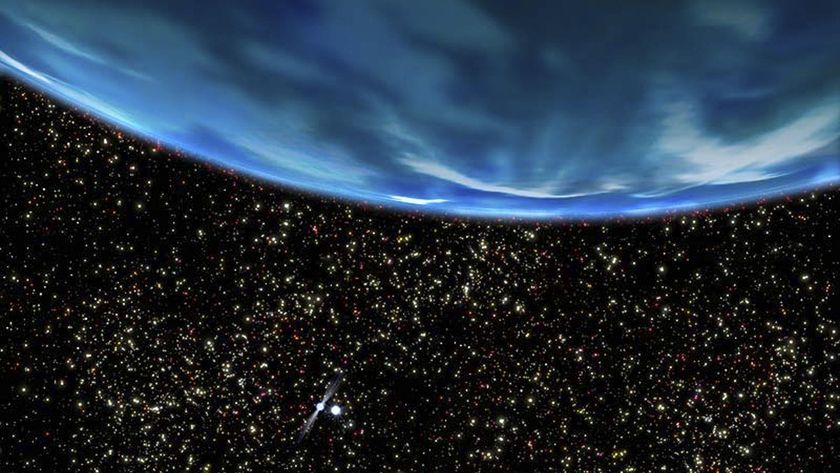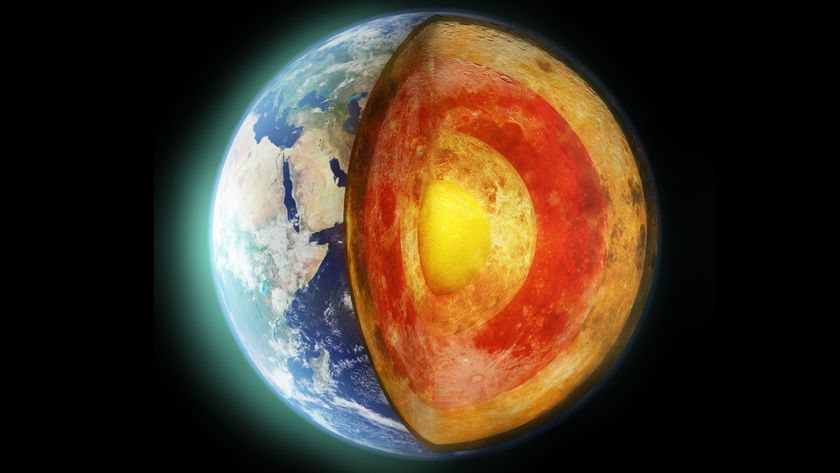The Surprising Reason Some Foods May Trigger Migraines

People who suffer from migraines often say that eating certain foods triggers their headaches, but a new study suggests that it might not always be the food per se — rather, the bacteria in the mouth may be playing a role.
The study found that people with migraines harbored more bacteria in their mouths that had the ability to modify chemicals called nitrates, compared to people without migraines.
Some migraine-triggering foods contain nitrates, including processed meats and green leafy vegetables, as well as certain medications.
The researchers hypothesized that having greater amounts of bacteria in the mouth that modify nitrates could contribute to headaches in some people. These bacteria help convert nitrates into nitric oxide, a chemical that is thought to play a role in headaches.
"Bacteria in the oral cavity may contribute migraine-triggering levels of nitric oxide," the researchers wrote in the Oct. 18 issue of the journal mSystems. [5 Ways Gut Bacteria Affect Your Health]
Still, the study found only an association between these bacteria and migraines, and cannot prove that the bacteria can cause migraines. The authors said they hope that their study spurs more research into how oral bacteria could be connected to migraines.
For now, if people suspect that nitrates are triggering their migraines, they should try to avoid nitrates in their diet, study co-author Antonio Gonzalez, a programmer analyst at the University of California, San Diego, said in a statement.
Sign up for the Live Science daily newsletter now
Get the world’s most fascinating discoveries delivered straight to your inbox.
For the study, the researchers analyzed 172 oral samples and nearly 2,000 fecal samples from healthy people who participated in the American Gut Project, one of the largest crowd-sourced science projects in the U.S. Thousands of people in the general public contributed samples to the project to have their microbiomes analyzed.
Original article on Live Science.

Rachael is a Live Science contributor, and was a former channel editor and senior writer for Live Science between 2010 and 2022. She has a master's degree in journalism from New York University's Science, Health and Environmental Reporting Program. She also holds a B.S. in molecular biology and an M.S. in biology from the University of California, San Diego. Her work has appeared in Scienceline, The Washington Post and Scientific American.

